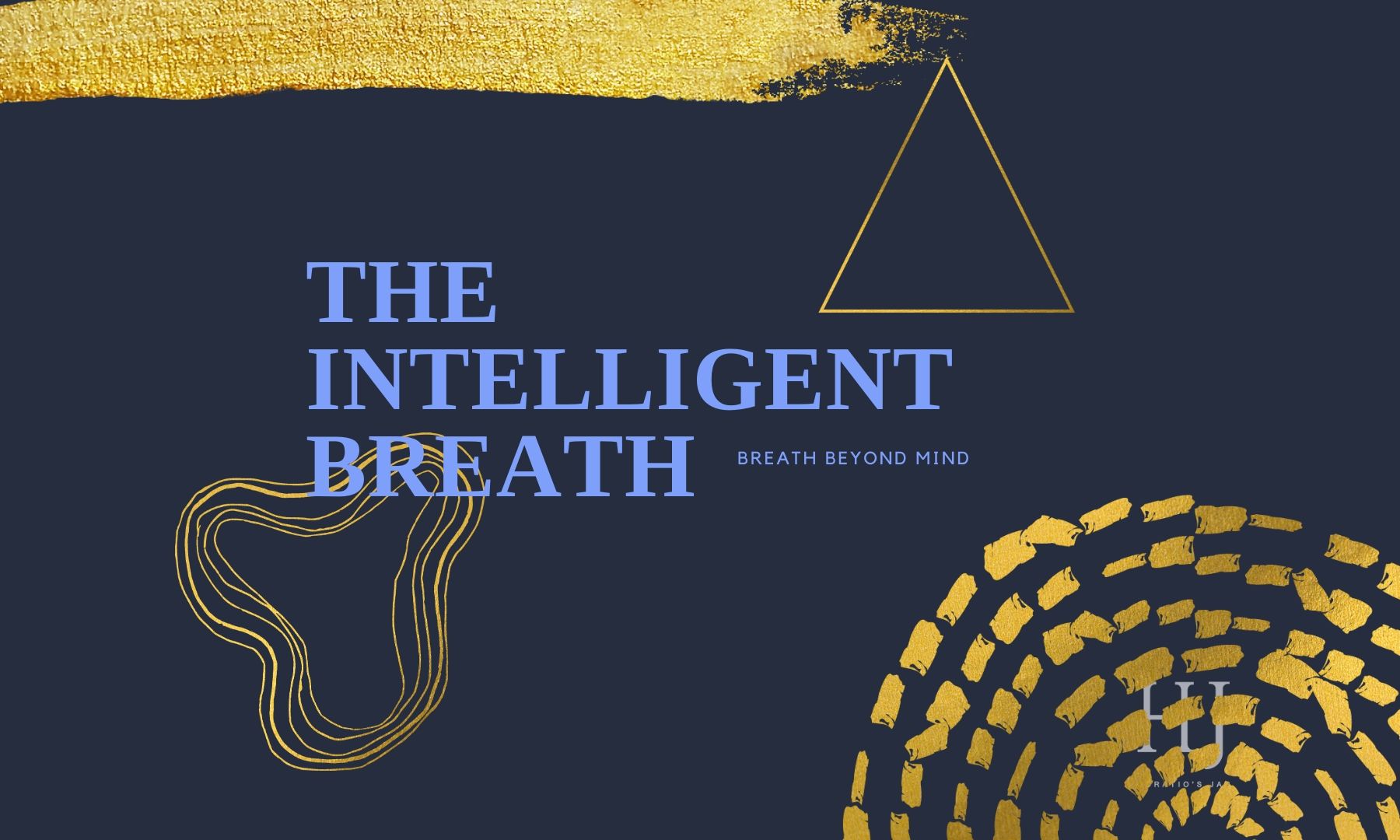Published by: Digital Schools
The Intelligent Breath
The way we breathe gives away a lot about how we think and feel and also how we live our lives, a representation of our subconscious selves, affected by our thoughts and feelings, Your breath is the physical analogy to the way your mind works and how you live your life.
The Breath controlled by the mind, is usually all over the place, as our thoughts and emotions fluctuate throughout the day, so to will our breathing patterns. Because your breath regulates all the functions in your body, from organ function to brain chemistry, an irregular breath could be interpreted as an unbalanced mind.
Modify Your Mind
When you directly modify the way you breathe by slowing it down, smoothing it out and controlling the length and depth of your inhalation and exhalations, you are also modifying your brain and body; lowering your heart rate, changing your brain waves, releasing anti-inflammatories into the bloodstream and down-regulating emotional impulses. In this slow down state, your body is able to repair itself, digest food properly, and make decisions that are more natural and meaningful.
A balanced breath is interpreted as a balanced mind, and with a balanced mind comes a harmonious life. When we learn to control our breath, we can begin to master our minds. Deep breathing practices help to modify our chemistry, balance our hormones and increase our self-awareness. A person that is self-aware is more likely to live a more happy and meaningful existence. Those with little self-awareness are at the mercy of the fraudulent mind, controlled by their senses, desires and emotional urges, impulses and changing opinions.

Unconscious to Conscious
Becoming aware of your breath and developing a conscious breathing practice means you will also become aware of your thoughts and feelings. Once you tune into your breath you also tune into your head and this is where you can begin to navigate your own mind, rather than being a slave to it.
This powerful intervention between the way your mind works and the way your body responds by, switching the breath from conscious to unconscious can have the life-changing impact, People that breathe the right way live longer, are healthier, feel better about themselves, are more compassionate, less judgemental and have fewer problems.
Being self-aware means you are more likely to make better decisions in life, build meaningful relationships, live in accordance with your own values and find happiness in the simplicity of life.
Guest Contributor: Emily Rack
Business Name: Horatio’s Jar
Publisher: Digital Schools
Emily Rack is a yoga teacher, meditation instructor, freelance writer and visual content creator. She incorporates a unique creative flair into her yoga and meditation classes, courses and workshops. Emily hosts events and classes in schools and the wider community & is passionate about teaching the art of mindfulness.
——-
PUBLISHER’S DISCLAIMER: The publisher of this blog post (Digital Schools PTY LTD) works in partnership with the school as a 3rd party provider to help build and maintain the school website. Digital Schools sources a range of experts who provide products and/or services to educational institutions and we work with them to produce and publish topical information in the form of blog posts that we think may be relevant, interesting or topical to families within the community. The views, opinions and content listed in this blog post are that of the guest contributor and/or publisher (Digital Schools). It should be noted that whilst the publisher and guest contributors are acting with the best intentions and in the best interests of the school and their community to provide helpful or interesting information, sometimes the content may not necessarily reflect the views of the school.
The information in this blog post is not meant to be used, nor should it be used, to diagnose or treat any medical condition. For diagnosis or treatment of any medical problem, consult your own physician. The school and the publisher of this blog post are not responsible for any person reading or following the information in this article who may experience adverse effects.
Any references to external websites or sources are provided for informational purposes only and do not constitute endorsement by the school or publisher in any way and the publisher and/or school cannot guarantee accuracy of information listed.
If you have feedback on any content on this platform, you can submit it to the publisher using the feedback link provided at the bottom of this page.


